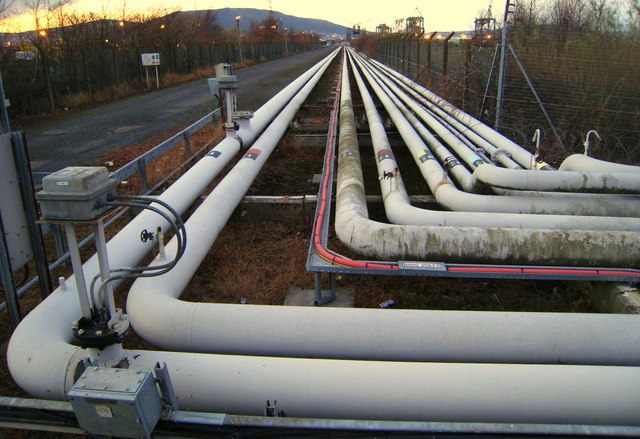
Arpita Sharma, is a 4th Year, B.A. LL.B. (Hons.) student, College of Legal Studies, University of Petroleum & Energy Studies, Dehradun. This article was submitted as a part of a blogging contest which may lead to her selection as an iPleaders Energy Law Fellow. The fellow will be selected on the basis on engagement on these posts as well as quality of writing and research. We emphasise on engagement because it shows one’s ability to generate interest in an otherwise arcane subject like energy laws. The selected fellow will receive a paid internship with a boutique energy law firm in Delhi (stipend of INR 7000), an opportunity to be mentored by very senior lawyers and a free course worth INR 5000 from iPleaders. If you want to participate, write to r[email protected] for instructions.
Petroleum & Natural Gas Regulatory Board (PNGRB) constituted under the PNGRB Act, 2006 is the regulatory body which is regulating the city gas distribution licenses in India. Though, the preamble of the Act lays down the objective of the board to regulate whole of the downstream sector but actually, the board is regulating only the activities related to natural gas in the downstream sector. The reason behind it is that there already exists other legislations like Petroleum Act and Petroleum Rules to regulate the activities related to petroleum and petroleum products but no specific legislation is targeting the gas division.
PNGRB puts down regulations for City Gas Distribution (CGD) with respect to authorization, pipeline tariff, pipeline access and exclusivity. The CGD regulations lay down the decisive factors for authorization of a CGD network in a flanking geographic area for all companies that want to lay, build, operate or expand a CGD network that is at present not authorized by MoPNG earlier to the notification of PNGRB on October 1, 2007.
The authorization process is either initiated by an entity through submission of an EoI i.e. Expression of Interest or by PNGRB suo moto inviting bids. If the entity puts forward an EoI, the PNGRB embark on the first round assessment based on the availability of gas in the area and probable connectivity with the already existing or anticipated pipeline networks. If the PNGRB is pleased with its preliminary assessment, it will instigate a public consultation process for a period of 30 days from the date of submission of Expression of Interest.
The Board after the completion of 30 days concludes up the area to be allotted for the inviting of bids, on the basis of the EoI and the public consultation process. These bids are invited from the entities within the completion of 15 days from the date of conclusion of public consultation process. Separate regulations are laid down for different networks and the eligibility and bidding criteria is specified in the regulations. Now, entities which are interested in laying, build or operate the CGD network have to prove its potential to get the bid in its favour. One of the foremost prerequisite is the financial solidity and competence of the entities to undertake such ventures.
There might be situations when no entity has been selected, in such a case, PNGRB opts for re-bids, and else the authorization is granted within 30 days. Now, this authorization is granted to the entities for a period of 25 years. During this period the entities are supposed to carry on the tasks such as maintenance of pipeline network, online compressors and associated facilities. However, as and when required, it is the responsibility of the entities to technically upgrade and expand the pipeline network. After the completion of this exclusivity period of 25 years, the entities owning the network may apply for re-apply and the period can be extended based on the quality of work and the satisfactory performance of service.
The regulations provided by the PNGRB for the process of transmission and distribution ensure a transparent and fair mechanism and hence, the probability of higher returns on investments from the point of view of the entities. However, there are certain limitations and restrictions on the powers of PNGRB. For instance, PNGRB is regulating the prices only to a certain extent, i.e. it can only regulate the tariff charged for the transportation of city gas but not the prices at which this gas is sold to consumers. Also, yet another limitation is that PNGRB only has the jurisdiction to the disputes between entities and not the consumer.
Undoubtedly, PNGRB has changed the CGD network scenario and has provided with the indispensable thrust for the growth of gas markets in India. With so much of dedication and perfection on the part of PNGRB, it can be very well foreseen that Indian gas market will expand at a very high rapidity and this will be enormously advantageous for the population of India.
 Serato DJ Crack 2025Serato DJ PRO Crack
Serato DJ Crack 2025Serato DJ PRO Crack









 Allow notifications
Allow notifications



A very informative article that should be read by oil and gas companies